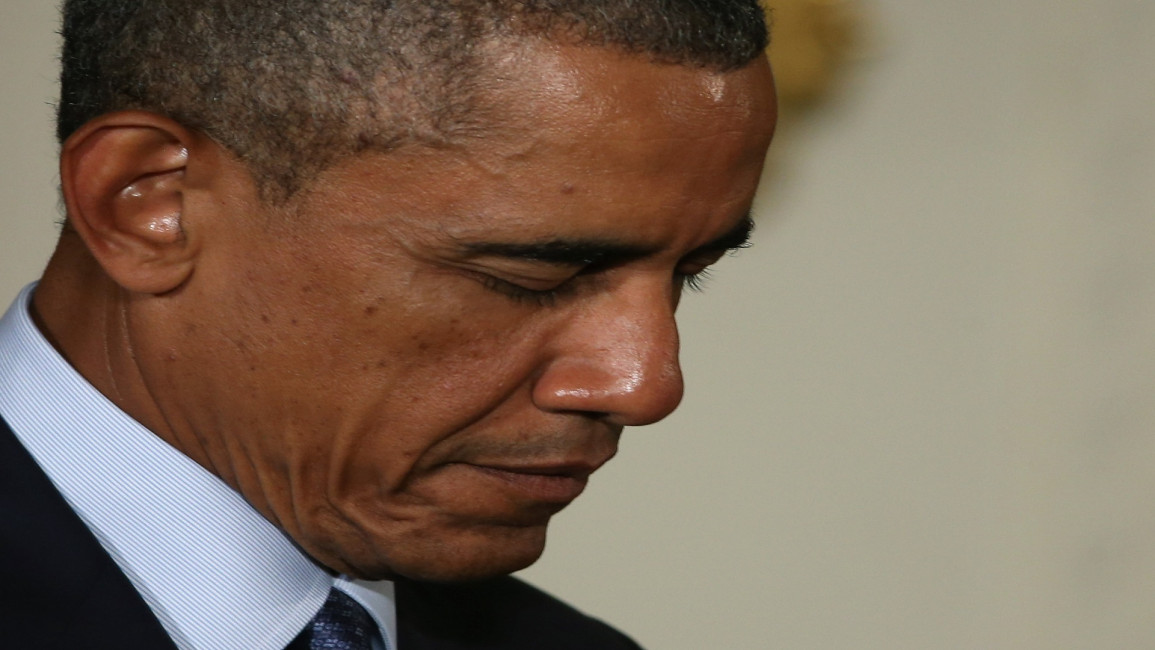
The America we don't know
In a short speech at the Global Entrepreneurship Summit in Marrakech last week, US Vice-President Joe Biden highlighted his country's success.
He said the success of the US economic and political model was based on the principles of freedom, which allowed for diversity, creativity, and innovation. He added that the US model was successful because it respected freedom and private property, and was based on an independent judiciary and an advanced education system that taught children to question everything and not stop learning.
Besides that, he said, the US administration incorporated many mechanisms designed to fight bribery, corruption and monopolies.
This is the US recipe for success. As simple as it might seem, it is a recipe that conceals historically complicated political, legal, constitutional, economic, and cultural processes that developed over two centuries. It is successful and has created a huge empire and made the US an influential world economic power.
Regrettably, the repeated mistakes of US diplomacy, the US bias towards Israel, and the US military adventures in Iraq and Afghanistan have prevented an entire Arab generation from learning from the good points of the US experience in economics, politics, its ideology, technology, education system and management.
America the good, America the bad
The image that large sectors of Arab youth have of America is quite inconsistent. On the one hand, millions of young people dream of emigrating stateside in search of education, job opportunities and freedom, which their own countries lack.
On the other hand, millions of young Arabs hate Washington because of its alliances with Arab dictators - guaranteeing the stability of military regimes in the face of the people's demands for freedom and dignity. The US also intentionally destroyed and occupied Iraq, rekindling sectarian sedition, as well as invading Afghanistan and many other countries.
But the biggest crime of the US in the Arab world has been its bias towards Israel and the carte blanche it offered this rogue state entity to commit crimes against Palestinians.
This inconsistent attitude toward the US prevented Arab societies from benefiting from the genius of the US model in managing state and society, from learning from its economic, political, and scientific success, in the relationship between religion and state, in the absorption and integration of immigrants, and in the role of the media and think tanks in the decision-making process.
| The influence of lobbies in the US decision-making process allowed the Israeli lobby to hijack US foreign policy on the Arab world. |
Because of the influence of lobbies in the US decision-making process, Washington politicians allowed the Israeli lobby to hijack its foreign policy on the Arab world. It allowed Israel to direct the US against democratic transition in the Middle East and North Africa.
At the instigation of Tel Aviv, Washington has become a barrier in the face of liberation movements and the democratic tide that is struggling to liberate Palestine and other their countries from corruption, tyranny and despotism.
The US supported the revolutions of the Arab Spring three years ago, and initially showed great enthusiasm as the thrones of repression in Cairo, Damascus, Tripoli, Tunis, Sanaa, and other countries were shaken.
But no sooner had the ballot boxes in these countries brought to power "Islamist" forces - which America disapproves of and which do not share its outlook on politics, the economy, or international relations - did it revived support for the coups and counter-revolutions, under Israeli pressure and with encouragement from the Pentagon.
The latter views the region from a military, security and intelligence perspective, and is not very interested in the slogans of the US State Department and its diplomatic discourse on freedom, democracy and the future of youth.
But the Tunisian experience has proved that fundamentalism is not the inevitable fate of the Arab world.
Tunisians, who voted for the Islamist Ennahdha party after the revolution, punished the movement for its failures. They opted for Nidaa Tounes, and consequently the cradle of the Arab Spring is heading toward an important and historic democratic transition, now that the Islamists have admitted defeat and accepted the rules of the game.
Opinions expressed in this article remain those of the original author and do not necessarily reflect the opinions of al-Araby al-Jadeed, its editorial board or staff.
This is an edited translation from our Arabic edition.



